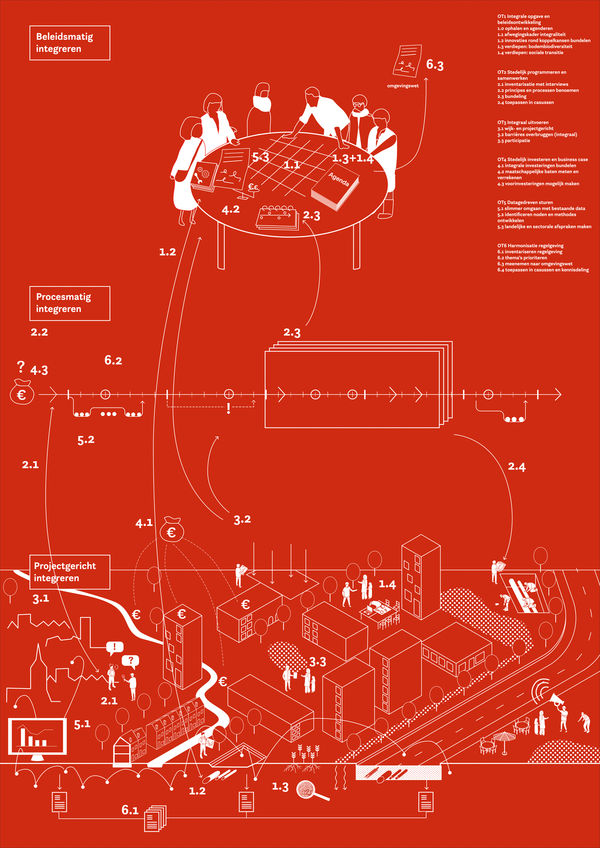In the Dutch 'City Deal Public Space', various ministries, municipalities, knowledge institutes and utility companies have joined forces for three years to work on a new set of instruments to make public space more sustainable. Architecture Workroom Brussels is taking on the role of Atelier Master. The Ateliers offer opportunities for experimentation and knowledge development, and thus work on refining, cross-fertilisation and scaling up.
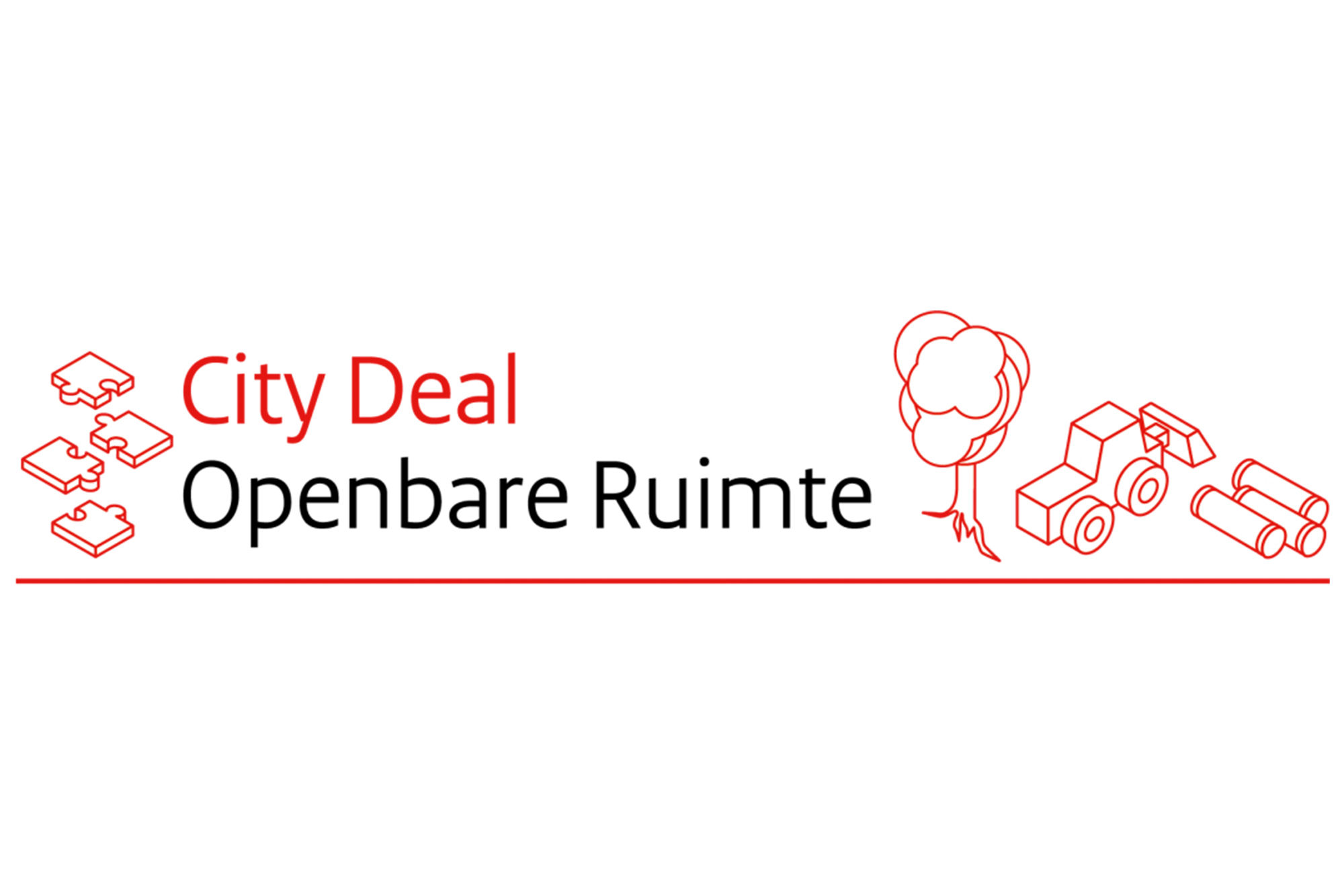
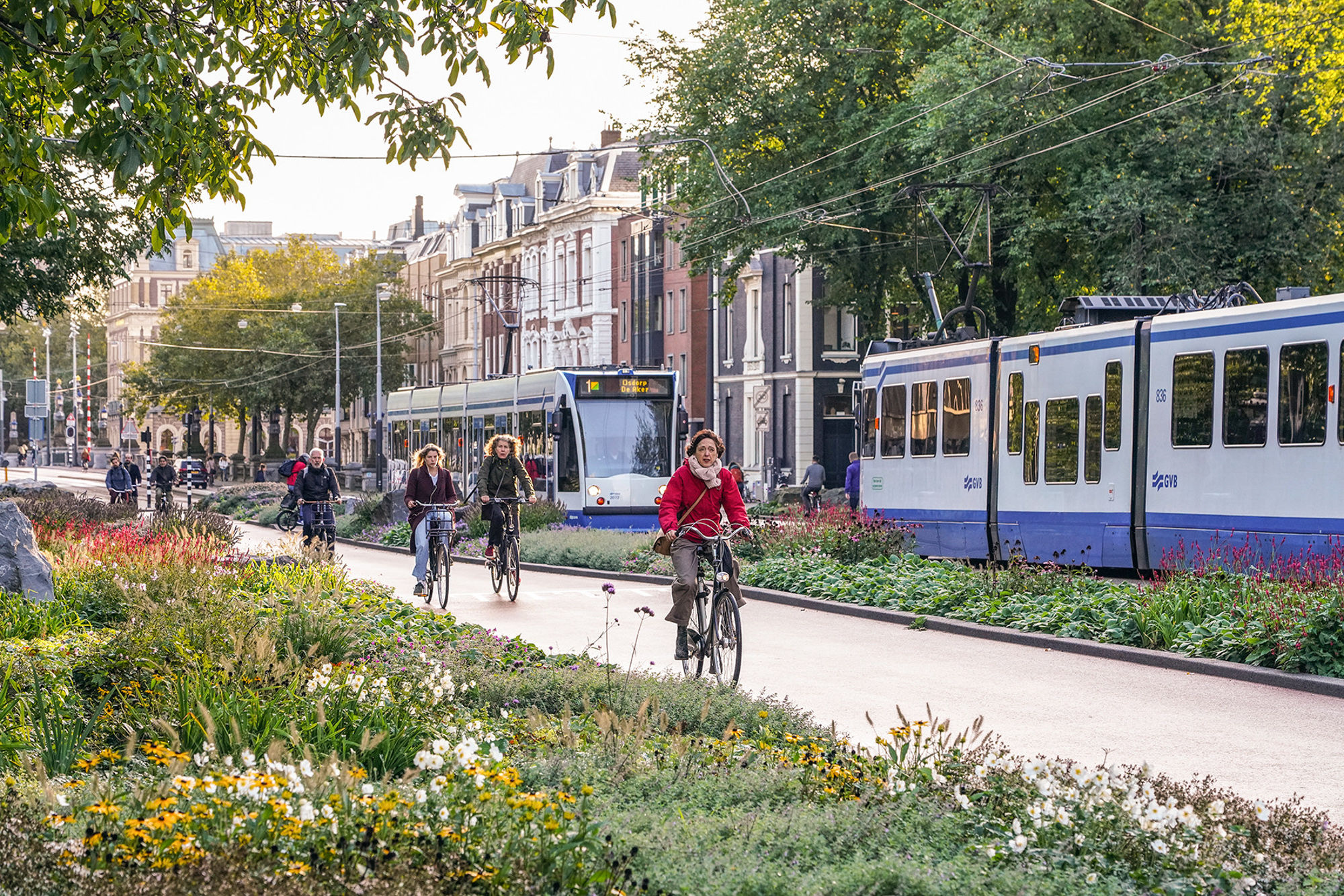
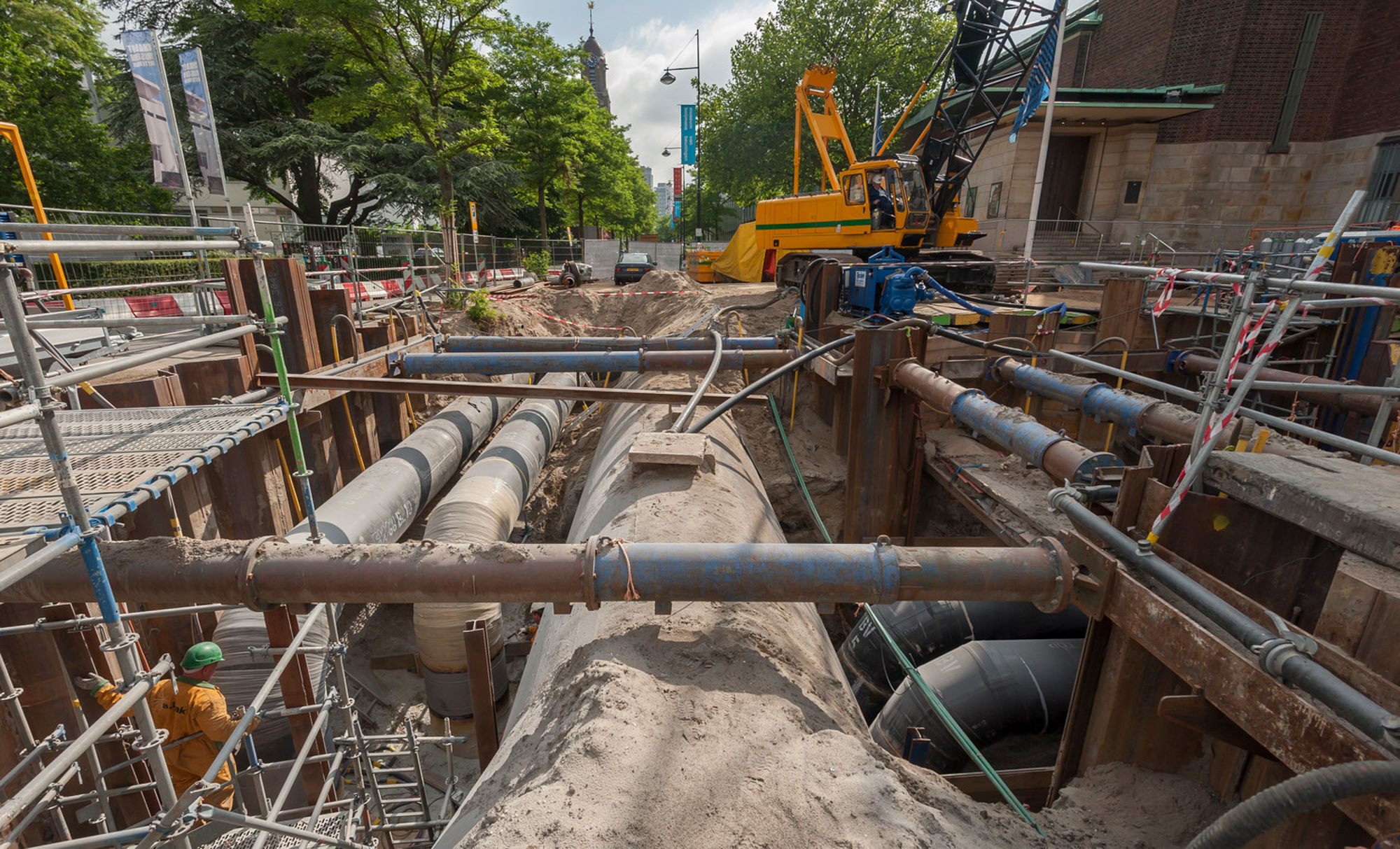
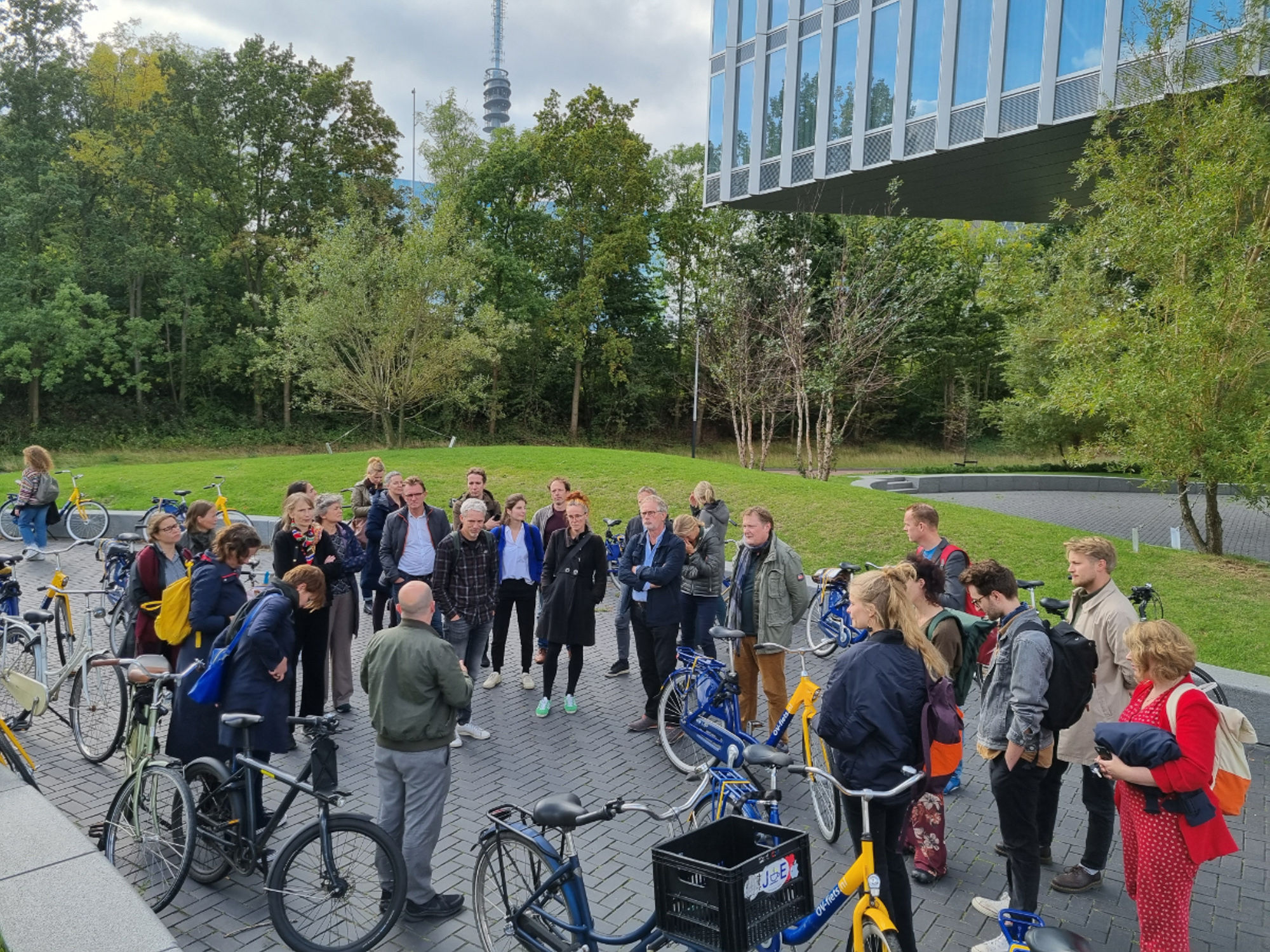
Ranging from a new energy infrastructure, more space for water and greenery, to new forms of mobility: in the coming years, the public space in Dutch cities will be overhauled. This is a major challenge given the pressure both above and below ground. How do we ensure that tasks such as climate adaptation, the energy transition, shared mobility, a new circular economy and a healthy and nature-inclusive city are optimally aligned?
All these challenges and transitions are not abstract concepts. On the contrary, they require a spatial response, and competent city services are faced with the task of implementing these sustainability ambitions on the ground: in the city's public space, on the squares, in the streets, in the districts. It is highly demanding in terms of urban development and urban management. A traditional approach no longer suffices. A major integration process is needed, which focuses on co-creative design, innovative partnerships and new ways of planning and financing. So that every reason for tackling a street - such as replacing a sewer - is also used to maximum effect to make other areas more sustainable.
Organising cooperation between the local and supralocal levels is crucial. National government is not merely a policymaker, legislator or financier, but can also fulfil a role as knowledge coordinator, stimulator and practical partner. As a result, in association with local coalitions, supralocal policy objectives can be translated into feasible projects that boost the sustainability of streets, neighbourhoods and cities.
Architecture Workroom Brussels is playing an essential role in City Deal as 'Atelier Master'. The Ateliers form the substantive core of the cooperation. They are places where insights from the many individual projects are harvested and bundled into a shared narrative. By mapping out the challenges, the difficulties and the investments needed, the City Deal partners are gradually developing a new set of instruments for the public space. The new set of instruments has repercussions for the whole of the Netherlands by demonstrating that it can be done and how it can be achieved.
